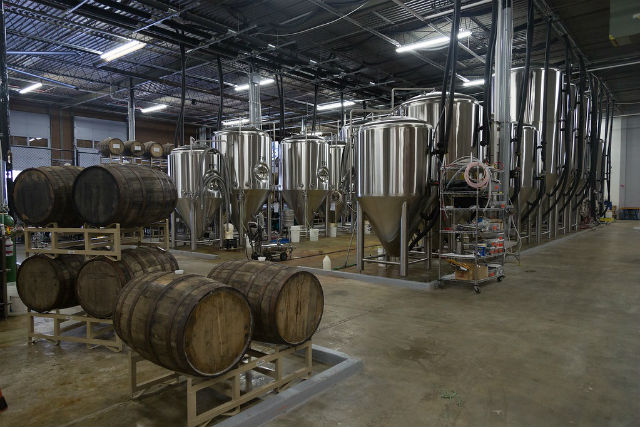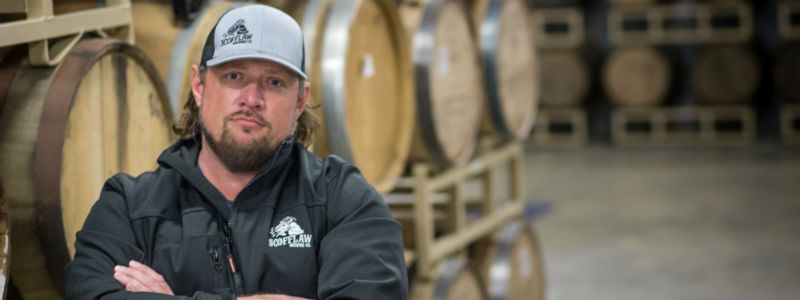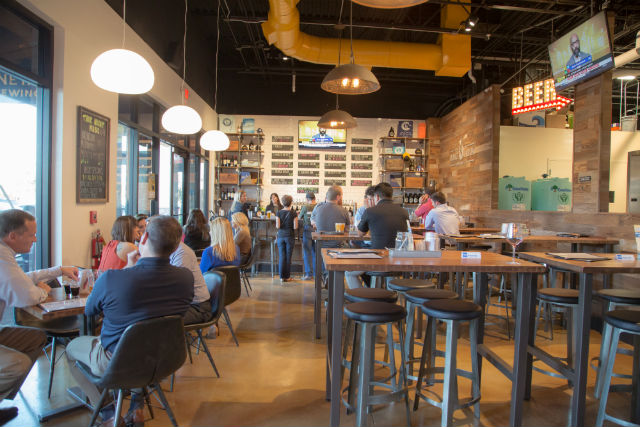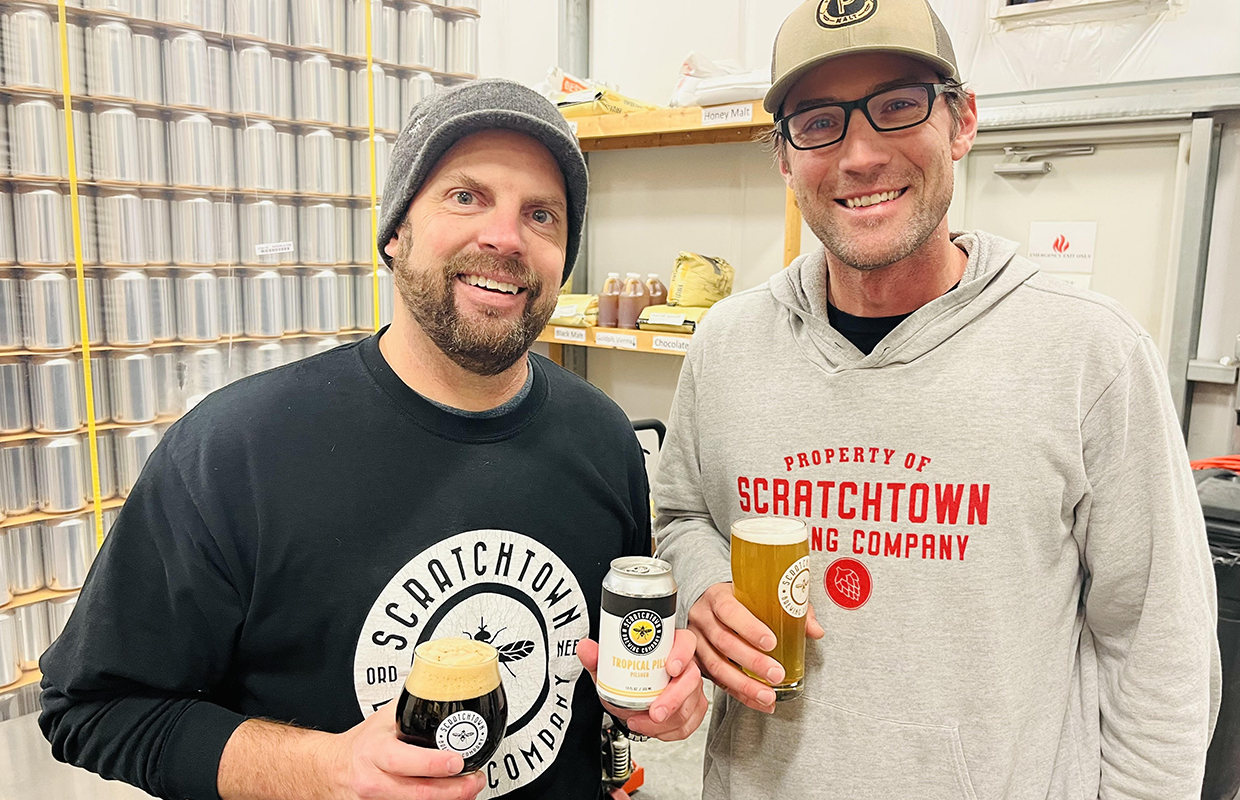
Open for just less than two years, Atlanta’s Scofflaw Brewing is on the rise. With that rise is the need to add positions to help in growth. One such hire is Chris McJunkin, who comes from his time with Founders and BrewDog, to help oversee sales and distribution for the young brewery. Another is the addition of Christopher Brown as Executive Vice President, who will join the team soon, after 15 years at United Distributors.
The brewery has added a 50-barrel brewhouse and will contract brew with BrewDog out of Columbus, Ohio this year to help with the growth, but the staff needed behind the liquid is just as key, noted co-founder Matt Shirah.
“Human resources is always the epicenter of growing pains,” he told Brewer. “Everything falls on the shoulders of just a few people in the beginning. Distributed product margins are thin, especially in the beginning, so everyone is sweating it to be part of something special. We add resources as we are able, but even at a 20-25,000 production run rate, we still have folks wearing many hats.”
The market is more competitive than ever and there will be some huge success stories,” Shirah said, but there will also be more failures and contractions than ever before.
Shirah admitted the Southeast is thin on ‘bench strength’ when it comes to brewery-related human capital.
“This is across all functional and operational areas,” he noted. “We are finding that there are some senior level folks out there who are interested in getting closer to home in the Southeast, where growth in the industry has been slowed as a result of many factors.”
There are a couple of key hurdles for those people that are transitioning from larger volume breweries and breweries with significant scale and efficiencies.
Shirah pointed out that access to capital changes the risk/reward dynamic.
“Sweat is the way in, but anyone transitioning to a small brewer will have to consider the short-term impact on their cash flow and/or lifestyle,” he said. “There are material difference in what a small brewery can pay, the size and experience of the sales support team that will be available, and what an established macro-craft type brewery can offer with regard to these resources.
“It had better be a labor of love, or someone considering a change might want to stay put. If you have never been in a start-up from ideation to build-out, then you are in for many rude awakenings and uncomfortable situations. All of the larger craft breweries at some point have faced all of these issues and know the pain well.”
The transition also requires a re-calibration of volume and brand recognition expectations.
“Think big, but act small,” he said. “The key here is developing genuine relationships within the community and focusing on your target audience while not getting distracted by the irrelevant.”
For Scofflaw, they are looking for good people first and sales experience second.
“Enthusiasm is contagious and carries a lot of weight when leadership has the ability to act as a guiding light for newcomers and young sales professionals in the craft brewing industry,” Shirah said. “Empower your people and reward them for their successes.”
Photos by Robert Speir & Samantha Taylor




1 Trackback / Pingback